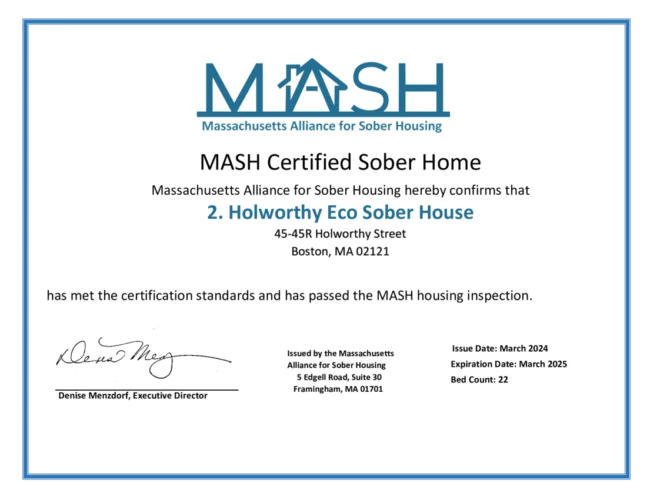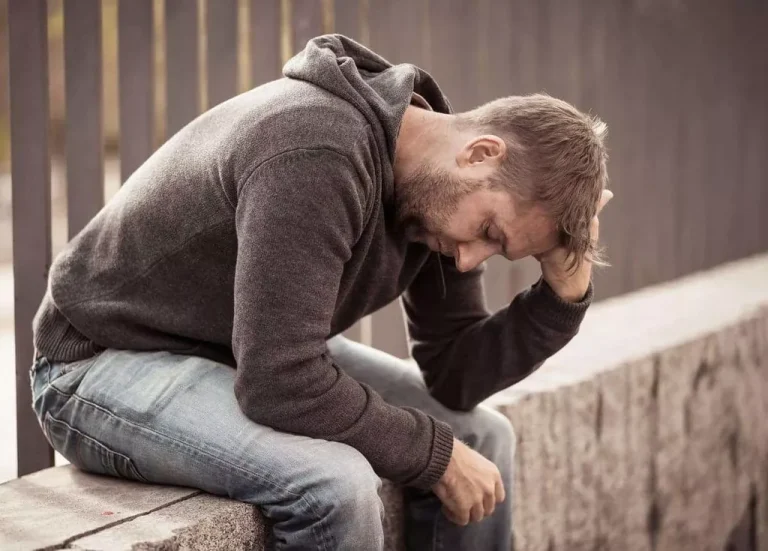
You may want to exchange contact information with them – this is fine, but don’t make them the first person you contact when you walk out the door. Stepping towards recovery might not always come easy but quitting may not come ever on its way either. The fear of missing out (FOMO) ought not only to be for fun content but also apply here when one considers how much could change if one take just one step forward in getting support from experts or family members.
Participate in Healthy Communal Activities

Volunteering at local shelters or community centers helps build connections and support networks. These groups provide environments to connect with others in recovery from different backgrounds and with various levels of experience. Recovery from addiction is a journey that requires determination, commitment, and support. A solid sober support network is one of the most valuable assets for recovering individuals.
Top Drug Relapse Prevention Strategies: Expert Tips to Stay Sober

Recovering from substance use disorder takes courage and determination, and it’s important not to underestimate that as you move through the process. Because of the COVID-19 pandemic, many traditional groups like AA have started to hold regular virtual meetings. AA’s sister program Narcotics Anonymous (NA) follows the same framework, but is designed for those recovering from other substance use disorders.
- To add, meeting people isn’t easy and it can be even more difficult to talk to others about what seems like the most vulnerable part of your life.
- If your peers aren’t acting in ways that align with your recovery goals, you can make the decision to seek out a sober support network on your own.
- Getting sober can be one of the most powerful decisions you can make for your health and future.
- This helps increase self-awareness and accountability, allowing individuals to recognize potential relapse triggers before they occur [1].
- By participating in peer support groups, individuals in recovery benefit from the collective wisdom, experiences, and encouragement of their peers.
Inpatient Rehab Centers Near Me
You may even form a personal support system outside your group with the connections you make. A support group is any group of people that meets, either in person or online, to discuss a particular aspect of mental health or emotional well-being. Recovery forums and websites provide an additional opportunity to develop relationships, discuss issues, share experiences, collaborate, meet and take part in activities together and much more. Forums are also an excellent way to gather information and resources and to easily develop a support system that might not be available in certain areas- especially very small cities and towns.
Nurturing Your Sober Network
- Fostering relationships with potential members of your support network is pivotal to fortify and uphold the support system.
- One effective way to connect with like-minded individuals is by attending recovery meetings.
- By offering unwavering support and guidance, the support network can help individuals bounce back from relapses and reinforce their commitment to recovery.
- Creating an individual self-care plan helps address mental health needs candidly and can include seeking professional help after addiction.
In fact, building a support network is one of the most important things to do after completing drug or alcohol rehab. Building a solid support network will provide you with a firm foundation for your continued recovery post-treatment. When it comes to addiction recovery, seeking professional help and guidance is an essential step toward building an effective support system. This can involve meeting with a therapist or counselor who specializes in addiction, attending support groups, or in some cases, checking into a rehabilitation center. The fear of missing out on achieving healthier relationships with loved ones due to relapse can positively drive individuals towards seeking treatment for improving their mental health and emotional well-being. Many people find that religion can play an essential role in their recovery by providing them with a higher purpose or sense of meaning.

It involves recognizing the people who can encourage and motivate us toward sobriety while distancing ourselves from those who may lead us astray. The primary reason behind the working of addiction is the dopamine system in the brain. When drugs are taken, they release large amounts of dopamine into the brain’s reward center, creating an artificial high. As time progresses, the brain adapts to these artificial highs, requiring higher doses of drugs to achieve the same effect.
The encouragement and shared experiences within the network create a sense of camaraderie and unity, making the journey to sobriety feel less isolating and more achievable [3]. The support network serves as a constant reminder that individuals are not alone in their recovery journey, boosting their confidence and resilience. To ensure a successful addiction recovery, having a strong support system is crucial. First, we’ll explore the key benefits of having a support system during recovery, drawing from personal experiences and scientific research. We’ll then take a look at the different types of support systems available, including 12-step programs, peer groups, and professional counseling.
For instance, AA and NA 12 Step meetings are often held at churches or other spiritual gathering places. In fact, some religious groups sponsor these programs because their ideals are largely aligned. By going through therapy, sober network you can explore your thoughts and behavioral patterns related to addiction. You should ask these people outright if they’d be willing to help you in your journey and if they’d be open to you relying on them for extra support.

Support systems also provide motivation when we feel discouraged about our progress. Lastly, guidance from those who have been there before can be invaluable; their insight can help us make better decisions. Remember to direct your support network members to professional resources such as specialists at treatment centers and family counseling to better understand the recovery process and ways to provide support. By surrounding yourself with the right people, you can build a strong and effective sober network. In addiction recovery, a sober support network is a lifeline that can make the difference between relapse and lasting sobriety. At GateHouse Treatment, we are more than a therapy program; we are a community.
Nurturing Your Support Network
Online addiction counseling and therapy services are also available for those who may prefer remote or convenient access to professional support [6]. Consider engaging in community classes or activities such as yoga, workout groups, or taking courses at a community college. These provide opportunities to meet new people, share common interests, and further your recovery journey [3].